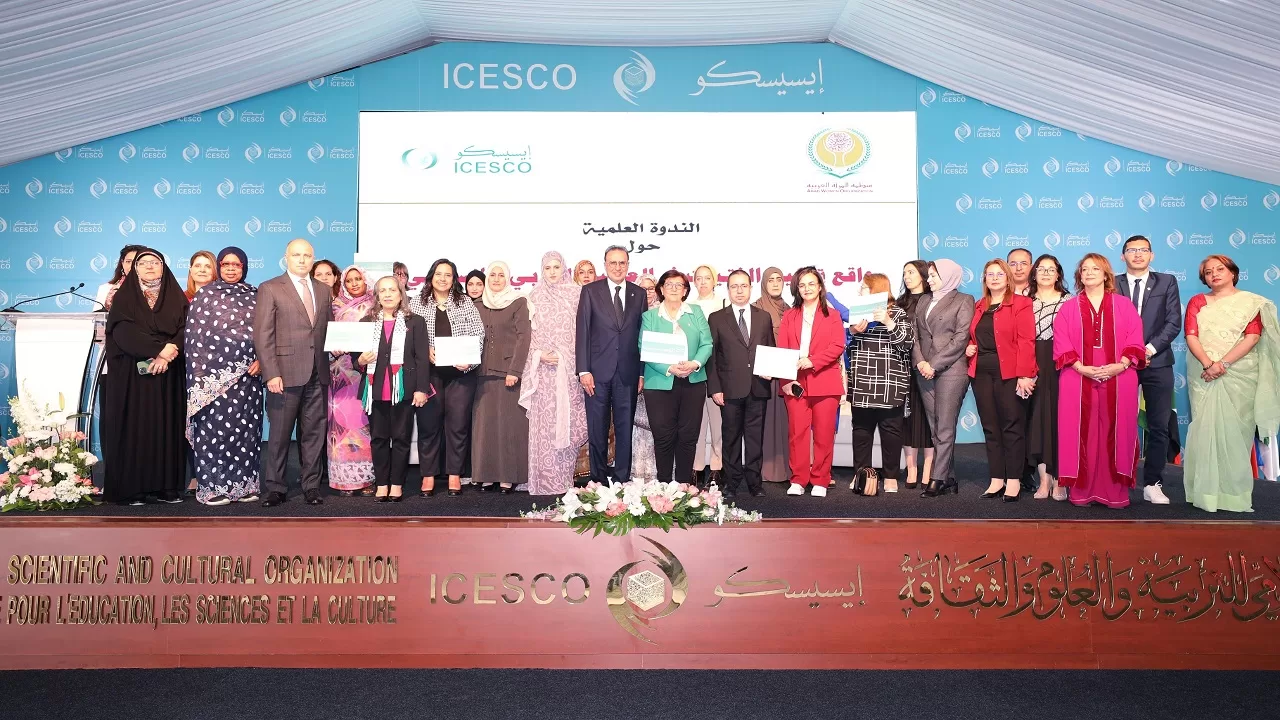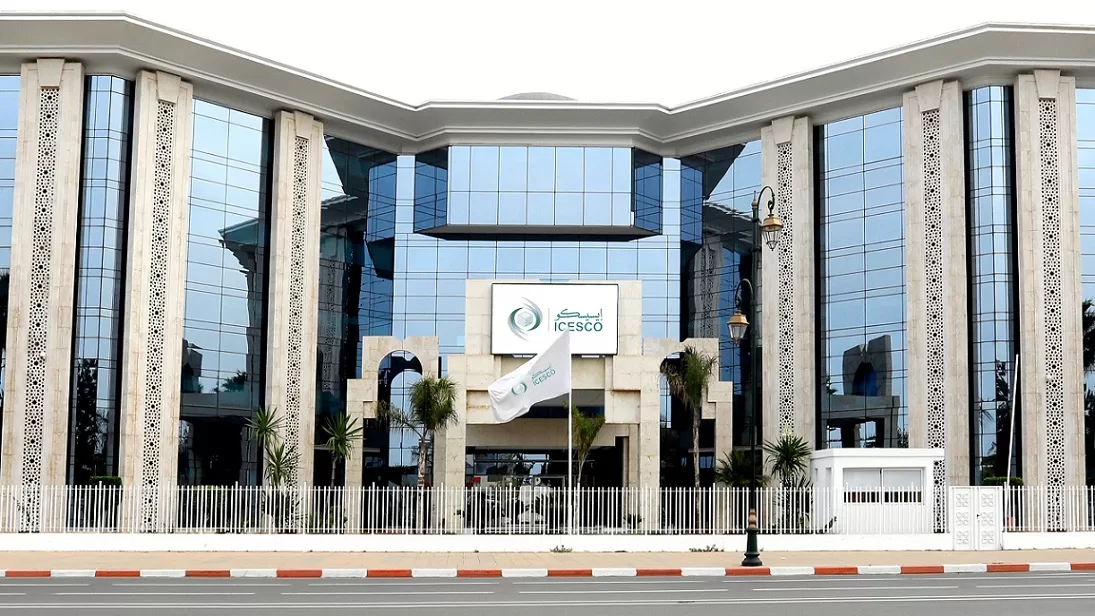
ICESCO launches open-source software on teaching Arabic to non-Arabic speakers
30 March 2020
The Islamic World Educational, Scientific and Cultural Organization (ICESCO) has set out to implement a part of the “ICESCO Digital Home” initiative in support of the efforts of Member States and the international community in combating Coronavirus (COVID-19). In a bid to mitigate the effect of the crisis among the cadre of students, ICESCO, in cooperation with Granada Editions, launched an open-source educational software catering to non-Arabic speaking learners. Through the organization’s Center of Arabic for its Non-Speakers and Center of Information, Documentation and Publishing, the following digital materials are now made available under the title “Learn and master Arabic from your home”.
This digital open-source educational software was launched under the following mechanisms: 1.Uploading educational content on ICESCO’s YouTube channel, organized in playlists of educational videos. At the moment, videos for the pre-school level (28 videos) were uploaded, while videos for the rest of the educational levels (up to the sixth grade) will be uploaded shortly. The playlist of pre-school level videos can be accessed through the following link: https://www.youtube.com/playlist?list=PLJ_-Nqw-2qDA0fl24P8w_3kDiNt-kSRLP
2.Providing audiobooks, in FLAC, AAC, and Ogg formats, on teaching Arabic to non-Arabic speakers and uploading them as free and open-source materials under license by Creative Commons on YouTube and OER-Commons platform for wider use by educational professionals across the globe. Audio-textbooks are considered the most suitable educational formats for radio stations that broadcast educational contents as they allow for integrating teaching Arabic in the stations’ broadcasted shows within the framework of distance teaching and learning;
3.Providing a link on ICESCO’s website, www.icesco.org, for an open-source digital platform for teaching Arabic throughout the period of school suspension. Such a platform is likely to enable its users to benefit from diverse and interactive mediums.
This software, operating under the “ICESCO Digital Home” initiative, is likely to enrich national distance education contents; and enable Arabic language learners, be it in urban or rural areas, to learn Arabic from their homes. The software can be accessed from laptops, tablets, and smartphones; and can also be used in TV and radio programs in countries that intend to make use of it in their television and broadcasting institutions.



